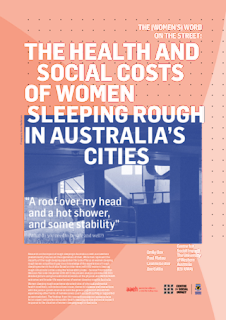Australians with mental health conditions are more than twice as likely to smoke as the general population. About twenty-two percent of people with a mental health condition smoke daily compared to a national rate under thirteen percent. The more severe your illness, the more likely you are to smoke. About 60 - 70% of people with psychotic conditions such as schizophrenia smoke.
Some health professionals might have put smoking in the "too hard basket" for patients with complex or acute health needs. But, there is evidence to show that people with mental illnesses want to stop smoking, that they are capable of stopping, and that smoking causes stress rather than relieving it. Research also shows quitting does not aggravate mental health, but can improve it.
People with mental health conditions want improved physical health and to address risk factors. However, mental health providers often don’t see this as their job while they concentrate on improving a patient’s mental health.
Source : The Conversation


















